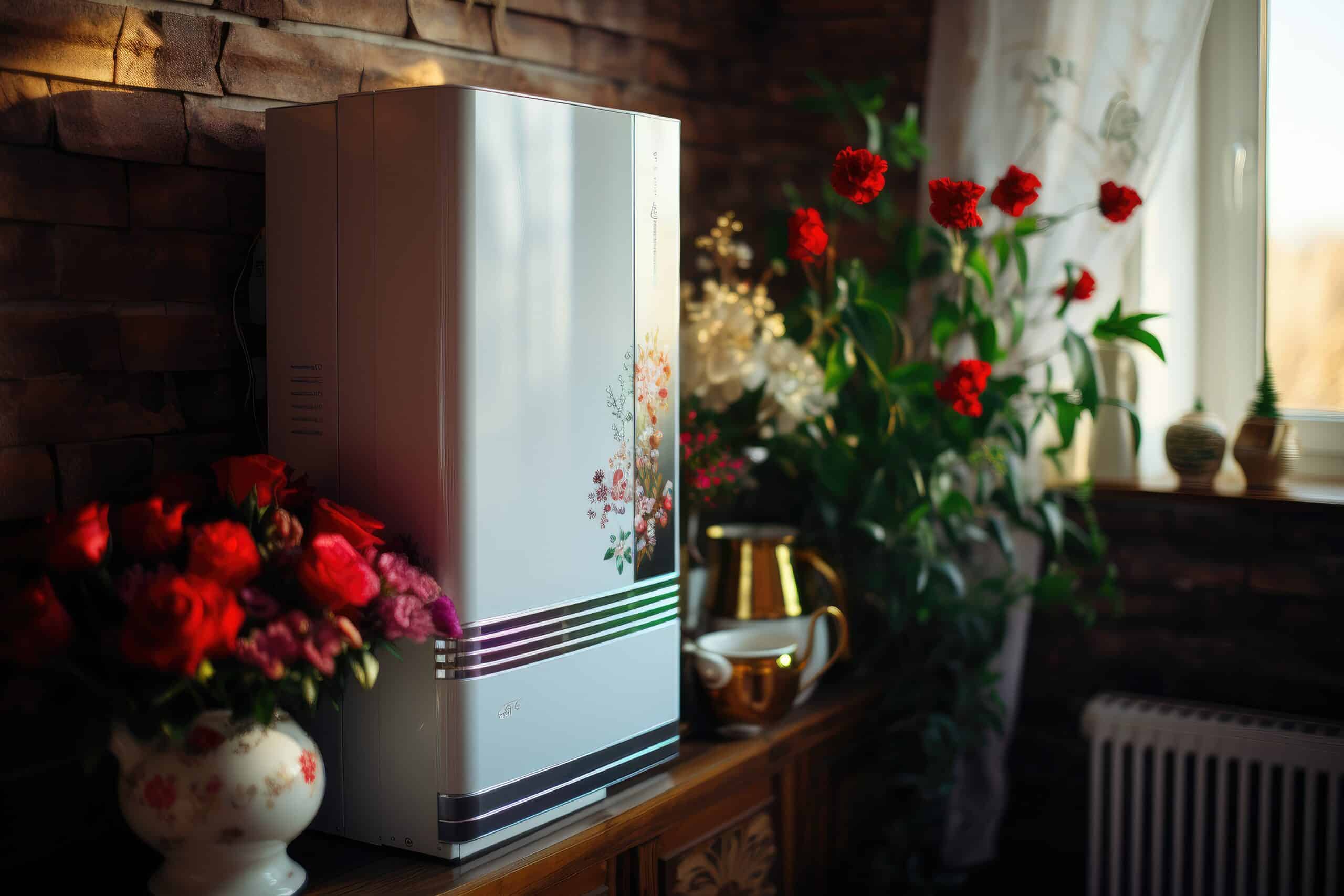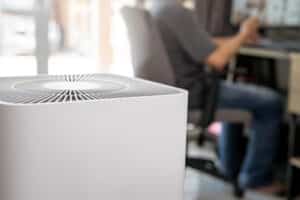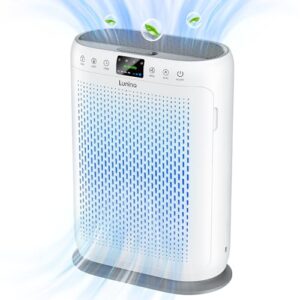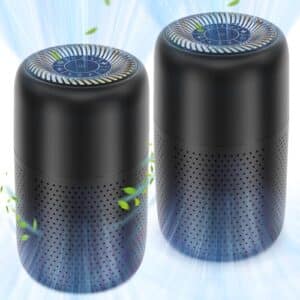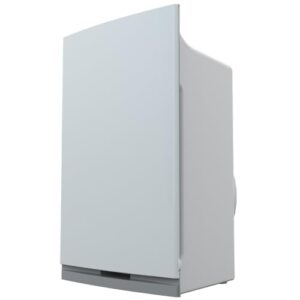Do Air Purifiers Make a Lot of Noise When They Are Running, and Can This Be Mitigated?
Key Takeaways
- Air purifiers can produce varying levels of noise, with lower decibel ratings indicating quieter operation.
- To mitigate noise from air purifiers, choose a quiet model with a low decibel rating, lower the fan speed setting, and place the purifier further away from sitting or sleeping areas.
- Recommended quiet air purifiers include the Blueair Blue Pure 211+ Auto air purifier and various models listed by NBC News.
One common concern when it comes to air purifiers is the amount of noise they produce while running. After all, no one wants a noisy appliance disrupting their peace and quiet. The good news is that there are air purifiers available on the market that are designed to be quiet, ensuring that you can enjoy clean air without the disturbance. In this article, we will explore the noise levels of air purifiers, discuss how it can be mitigated, and provide some recommendations for quiet air purifiers.
Noise Levels of Air Purifiers
Air purifiers, like any other electrical appliance, can produce varying levels of noise. The noise level is measured in decibels (dB). Generally, a lower decibel rating indicates a quieter operation. According to experts, air purifiers with noise levels below 30 dBA are considered quiet or even silent.
However, it is important to note that noise levels can vary depending on the model and brand of the air purifier. Higher-end models often prioritize quiet operation and are designed to minimize noise. On the other hand, cheaper models may produce more noticeable noise while running.
Mitigating Noise from Air Purifiers
If you are concerned about the noise from your air purifier, there are several steps you can take to mitigate it:
- Choose a Quiet Model: When purchasing an air purifier, look for models that have a low decibel rating, preferably below 30 dBA. Higher-end models tend to be quieter than cheaper ones. Reading reviews and researching the noise levels of different models can help you make an informed decision.
- Lower the Setting: Most air purifiers come with adjustable settings, allowing you to control the fan speed. Using the air purifier on a lower setting can significantly reduce noise levels. While it may slightly decrease the purifying effectiveness, it can make a noticeable difference in the noise produced.
- Keep Distance: Placing the air purifier further away from your sitting or sleeping area can also help reduce the perceived noise. The further away it is, the softer the noise will be.
By implementing these measures, you can enjoy the benefits of an air purifier while minimizing the noise it produces.
Quiet Air Purifiers Recommendations
If you are specifically looking for quiet air purifiers, here are a few recommendations:
- Blueair Blue Pure 211+ Auto Air Purifier: According to Tom’s Guide, the Blueair Blue Pure 211+ Auto air purifier is described as fairly quiet on its lowest setting. This model combines effective filtration with a relatively quiet operation.
- Other Quiet Models: NBC News has also provided a list of the best quiet air purifiers available on the market. This list includes various models that prioritize quiet operation without compromising on air purification effectiveness.
By choosing one of these quiet air purifiers, you can enjoy clean air without the disturbance of excessive noise.
Conclusion
Air purifiers can vary in the amount of noise they produce when running. However, with the availability of quiet air purifiers on the market, you can easily mitigate the noise issue. By choosing a model with a low decibel rating, using lower settings, and placing the air purifier at a distance, you can enjoy the benefits of clean air without the disruption of excessive noise. Remember to do your research, read reviews, and consider the recommendations provided to find the best quiet air purifier for your needs.
Related Websites:
FAQs:
Q: Are air purifiers noisy?
Air purifiers can vary in noise levels. Some models produce low noise, while others may have moderate or high noise levels. It is important to consider your noise preferences and explore noise mitigation options before purchasing an air purifier.
Q: How can I determine the noise level of an air purifier?
Air purifiers have different noise levels categorized as low, moderate, or high. The decibel range for each noise level may vary. You can compare the noise levels of air purifiers through examples of decibel levels for better understanding.
Q: What factors influence the noise levels of air purifiers?
The size and type of air purifier, different air purification technologies, and fan speed settings are factors that influence noise levels. Placement of the air purifier also affects noise transmission. Considering these factors can help in choosing an air purifier with desired noise levels.
Q: How can I reduce noise from an air purifier?
There are several techniques to mitigate noise from air purifiers. Some models come with noise-cancelling technology and other noise-reducing features. Additional accessories like soundproof enclosures, isolation pads, or anti-vibration mounts can also help reduce noise. Scheduling the operation of the air purifier during low-impact times can further minimize noise disruption.
Q: What should I consider before purchasing an air purifier in terms of noise?
Before purchasing an air purifier, it is important to consider your noise preferences. Evaluate the noise levels of different models, explore noise mitigation options, and think about strategic placement or scheduling to minimize noise disruption. Taking these factors into account will help you find an air purifier that suits your needs.

